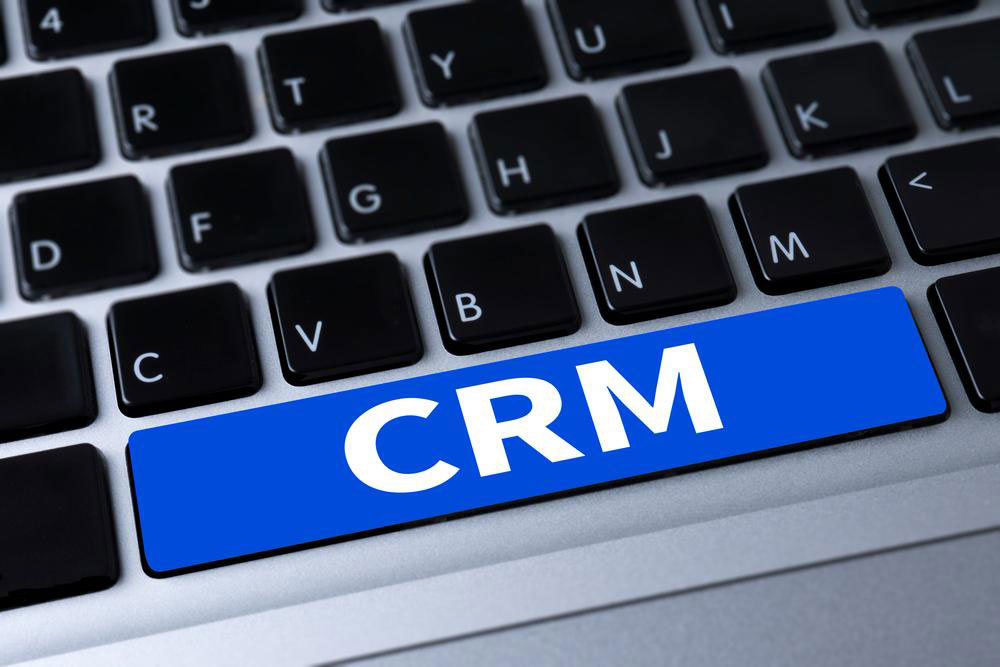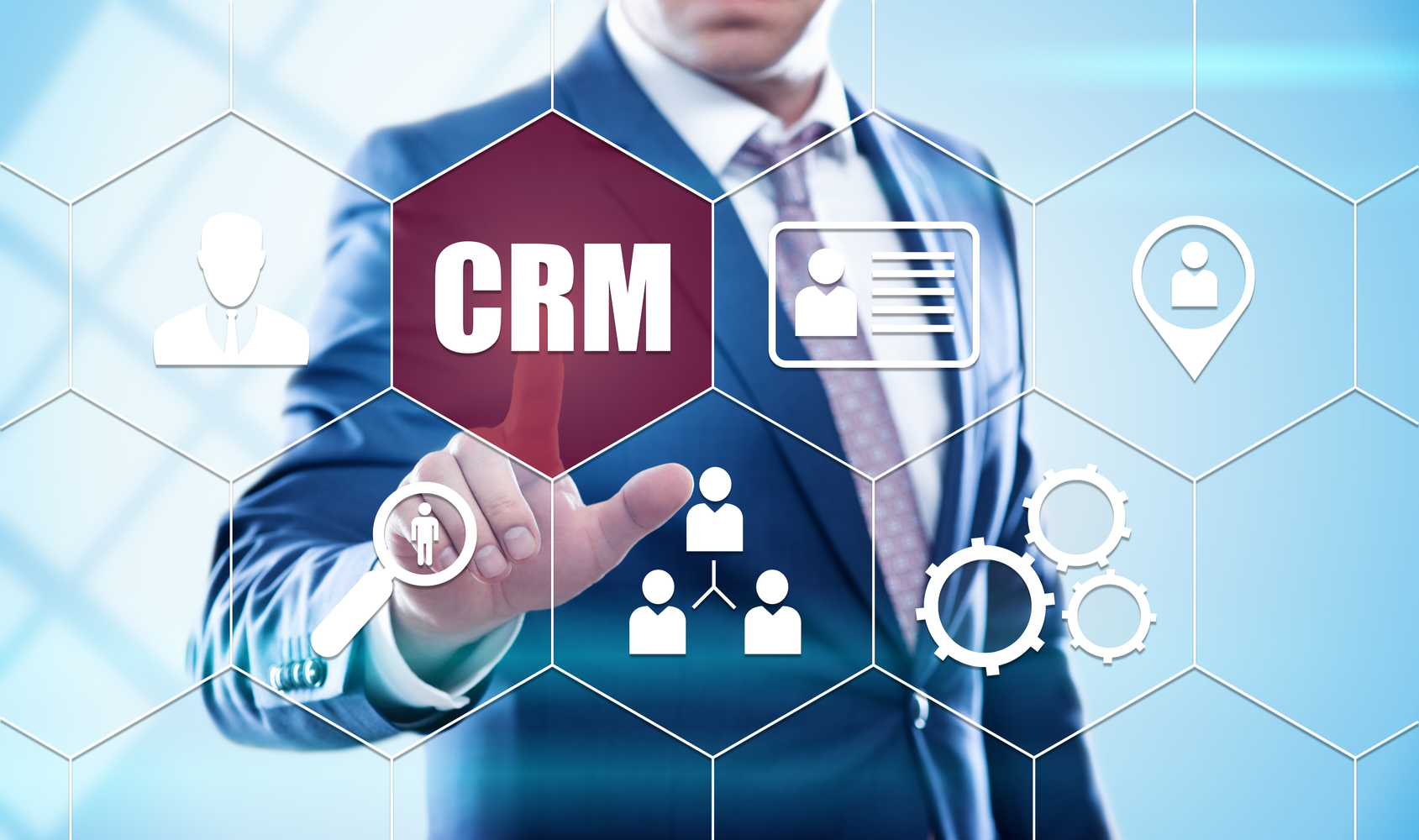Managing Customers Efficiently Through CRM Software
The complications of managing customers and business relationships together were an obstruction in the path of a successful business venture in the older era. However, modern technology has given birth to Customer Relationship Management (CRM) software that has helped organizations deal with the issue effectively. These are beneficial for both large and small-scale business ventures in terms of driving their profits up based on the history of the customer’s purchases.

What is Customer Relationship Management (CRM) software?
It is an interactive platform that helps a company in tackling their relationship with present and prospective customers. Based on the principles of data analysis, this software analyzes the details about the relationship between the company and its client database and assists in the retention of customers, improving the sales at the same time.
Types of CRM software
There are five different types of CRM software. These are:
Strategic
This is based on the growth of a business environment that relies heavily on customer-centricity.
Operational
The main objective of CRM software is to combine marketing strategies, automation, and client support. These are equipped with a dashboard that provides a collaborative view of the aforementioned elements in a single window for each of the clients.
Analytical
As the name suggests, this CRM software assesses client information accumulated through different means. The conclusions drawn by the software are presented in the form of a report to the business managers to enable them to make better decisions. Techniques such as correlation, data mining and pattern recognition are used by the software to analyze the given data. It detects small issues in the business that can be resolved easily.
Collaborative
This CRM software integrates external agencies such as distributors, vendors, and suppliers to share data across all levels of the organization. The sharing of information in reduced time increases the system efficiency by allowing sales executives to contact their customer base for a shorter duration.
Customer data platform
It is a central entity in the form of a computer system that helps in aggregating and networking the collected data from various sources.
Advantages of CRM software
As a result of excellent programming, CRM software strengthens the relationship between the company and the customer. There are numerous perks of using them. The organization’s service improves leading to a steady growth in sales and satisfied customers. It also helps the organization to develop a better understanding of the issues faced by the customers. This, in turn, helps in resolving them in lesser time. The strong networking platform also results in a validated feedback system. There is a possibility that a happy customer might recommend a certain CRM software to its associates. Due to the exchange of data across different platforms within the organization, the software increases team interaction. The unique feature of cross-selling and up-selling increases the sales figures. Through up-selling, companies can offer similar products to their customers based on the category from which they made their purchase whereas cross-selling is the practice of analyzing customer data and offering them complementary products. These practices are done by collecting data via customer interaction about their requirements. On spotting a chance to sell their commodities, the sales executive encourages the buyers for the purchase.
Examples of CRM software
Whether it is a small-scale business or startup venture, some of the best CRM software are BoomTown Insightly, FreeAgent CRM, Salesforce, Claritysoft, Infusionsoft, Results CRM, Zoho CRM, Chime, Base, ProsperWorks CRM and Hubspot. Each software offers a wide array of features to grow your business. Some of the features that can be highlighted are customer tracking, better visibility across sales operations, multiple routes support, feedback management system, training sessions, email correspondence, google calendar integration.
Installation of CRM software can be done on-site or through web technology in which the software provider will host it to be accessed by the company through a secure network.




